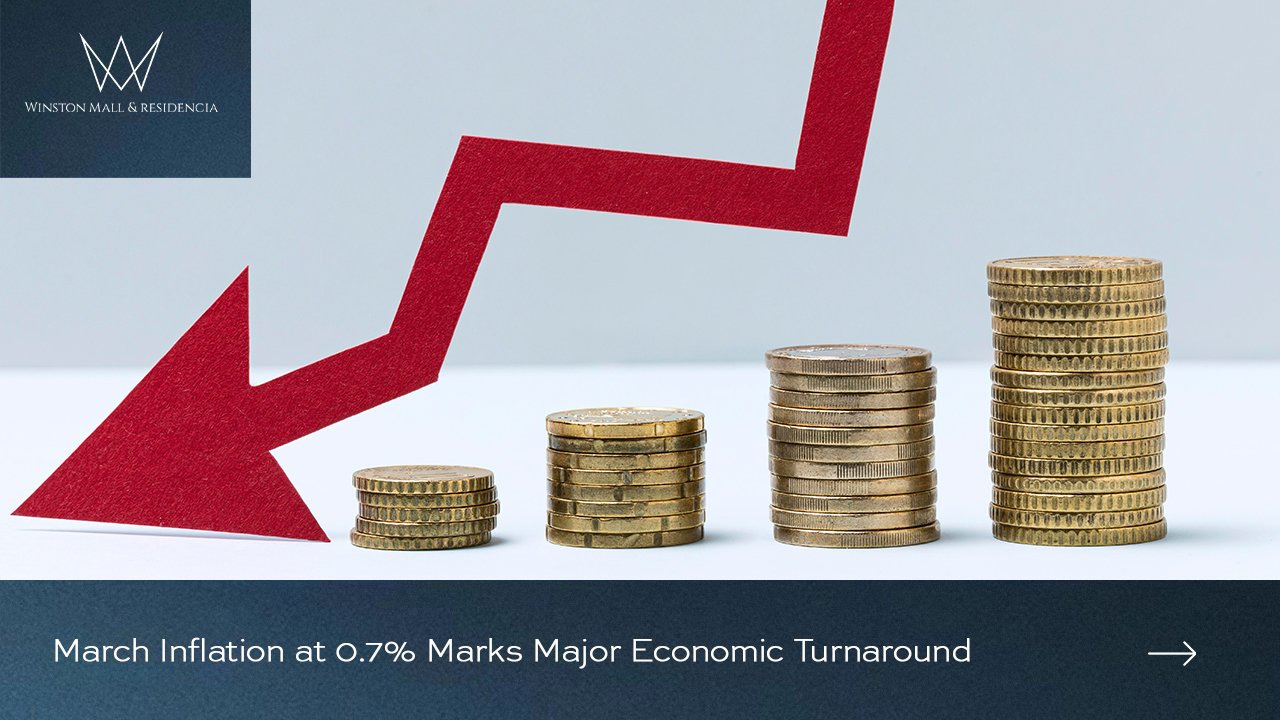ISLAMABAD, Jan 25: Petrol prices in Pakistan are likely to see a significant increase next week due to ongoing tensions in the Red Sea affecting crude oil supply to Europe and the Middle East.
According to projections, Pakistan is expected to raise petrol and diesel prices by Rs. 7 per liter on January 31. This would be the first hike after four months if implemented. The higher forecast is based on the $4-$5 surge in global prices of diesel, petrol and crude oil within just one week.
While US West Texas Intermediate crude settled up 0.41% at $75.4 per barrel, Brent crude crossed $80 per barrel, rising 0.34% in the last 24 hours.
In just a week, the price of high-speed diesel jumped from $93 to $97-98 per barrel, while gasoline prices rose sharply in international markets to around $89 per barrel from $83 per barrel. This spike will likely translate into higher prices in the local market next week. Notably, the Rupee/$ exchange rate in the domestic market has remained relatively stable around 279, containing even greater volatility.
Read More: Solar Panel Prices in Pakistan Drop by Massive 60%
On January 15, the caretaker federal government had cut petrol prices by Rs. 8 per liter to Rs. 259.34. The price of high-speed diesel was maintained at Rs. 276.21 per liter. Pakistan’s petroleum prices are significantly impacted by global pricing and the currency exchange rate.
However, the petroleum development levy plays a major role in current prices, with the government currently charging Rs. 60 per liter on both high-speed diesel and petrol.
Tighter global supply is being indicated in physical crude oil markets in the Middle East, Europe and Africa as well as the Brent crude futures market partly due to shipping delays as vessels avoid the Red Sea area. This disruption has coincided with other factors like rising Chinese demand and greater competition for oil purchases which, if tensions persist, will likely impact Pakistan’s fuel supplies.
Nearly 80% of the world’s oil trading is priced using the Brent market structure, which hit a two-month high last Friday as tankers exited the Red Sea in response to US and UK airstrikes on Yemen. Since last year, Yemen’s Houthis have been attacking Israel-bound ships in the Red Sea as retaliation for Israel’s assault on Gaza.
The Houthis want the war to end and Israel to open Gaza for humanitarian relief.
Winston Mall: please contact +92-314-5166334 or visit https://winstonmall.com/




